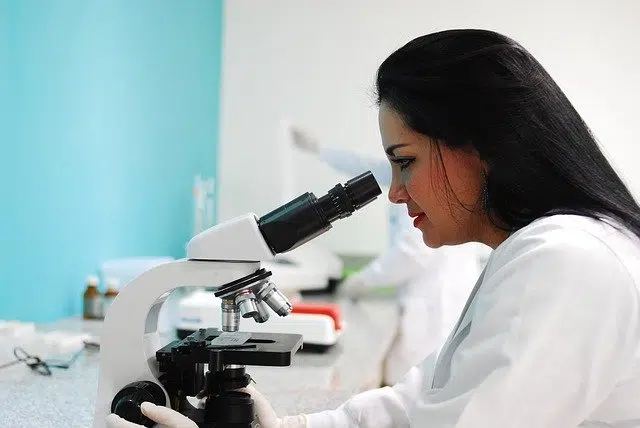
Everyday reality leads a person to analyze numerous issues throughout the day.
Analyze in everyday life
Every day, a person is responsible for analyzing multiple issues . Many times, the process is carried out in an almost automatic or unconscious way: the individual does not stop to think that he is doing an analysis, but simply proceeds to analyze what interests him.
Suppose a man wakes up a little later than usual and must hurry to get to his workplace at the right time. A first analysis that you carry out allows you to notice that, instead of having breakfast at home, it is preferable to have breakfast directly in your office so as not to waste time .
Before leaving your home, you also proceed to analyze what means of transportation you should use to get there faster. Thus, it determines that it is preferable to travel by subway ( metro ) rather than by bus (bus).
As you can see, already in the first minutes of the day it is possible to analyze different variables. Of course, the complexity of the analyzes is not always the same since they can take a few seconds or even several years, depending on the field and topic .

In science, analyzing is a fundamental task.
The concept in science
It is evident that analyzing how to travel to work is not the same as dedicating yourself to analyzing an object of study with professional rigor. In this sense, it is important to indicate that analyzing is one of the primary tasks in science .
An analysis of this type appeals to the so-called scientific method that includes the systematic observation of phenomena, events, facts, etc.; the implementation of experiments; and the measurement of results, for example. By analyzing something in this way, knowledge is generated that is considered valid .
A paleontologist, for example, can spend years analyzing a small fossil. Thanks to this work, he determines the age of the fossil and discovers which species it belonged to. An anthropologist, meanwhile, can analyze the funerary rituals of an Amazonian tribe and thus understand what motivations and symbolism are behind each action carried out by the aborigines.
Journalism and the importance of analyzing
Among the numerous functions of journalism, the analysis of reality appears. At this point it must be clarified that reality , as an indisputable truth or as an absolutely objective element, does not exist. What is presented as “reality” is a more or less subjective construction that constitutes a cut of events.
Having clarified this, we can indicate that there are journalists who are in charge of analyzing news events. These communication professionals, when they carry out honest work (that is, when they do not intend to distort events to defend certain interests), examine events from different perspectives and provide data so that the public has tools that allow them to understand and draw their own conclusions.
